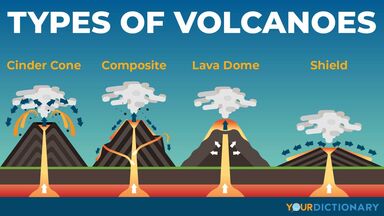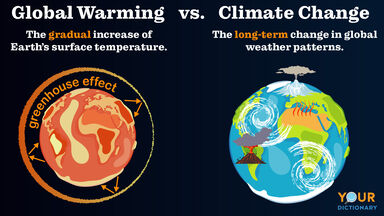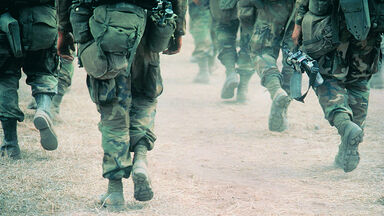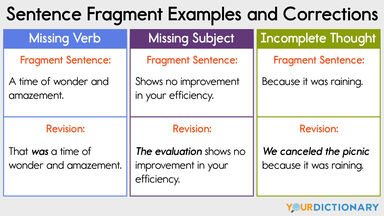Shield Definition
Origin of Shield
-
From Middle English shelde, from Old English scield (“shield"), from Proto-Germanic *skelduz (“shield"), from Proto-Indo-European *(s)keit-, *(s)keid-, *kheit- (“shield, cover"). Cognate with West Frisian skyld, Dutch schild (“shield"), German Schild (“shield"), Danish skjold (“shield"), Icelandic skjöldur (“shield"), Latin scÅ«tum (“shield"), Irish sciath (“shield"), Latgalian Å¡kÄ«da (“shield"), Lithuanian skydas (“shield"), Russian щит (ščit, “shield").
From Wiktionary
-
Middle English sheld from Old English scield skel-1 in Indo-European roots
From American Heritage Dictionary of the English Language, 5th Edition
From Old English scieldan.
From Wiktionary
Find Similar Words
Find similar words to shield using the buttons below.





